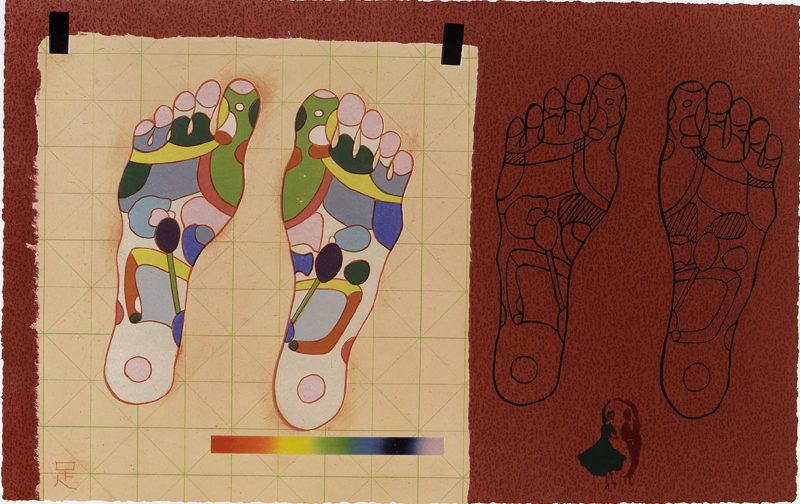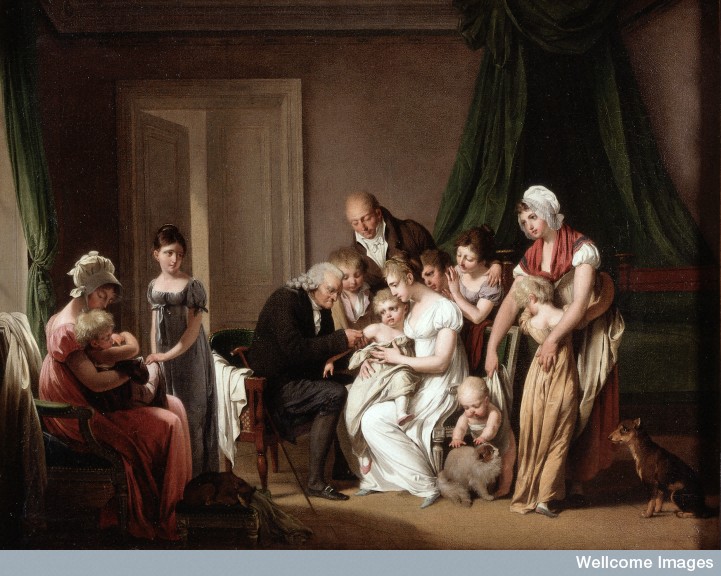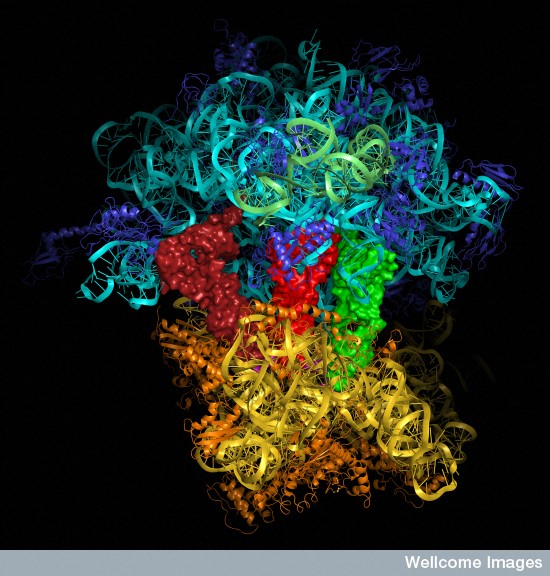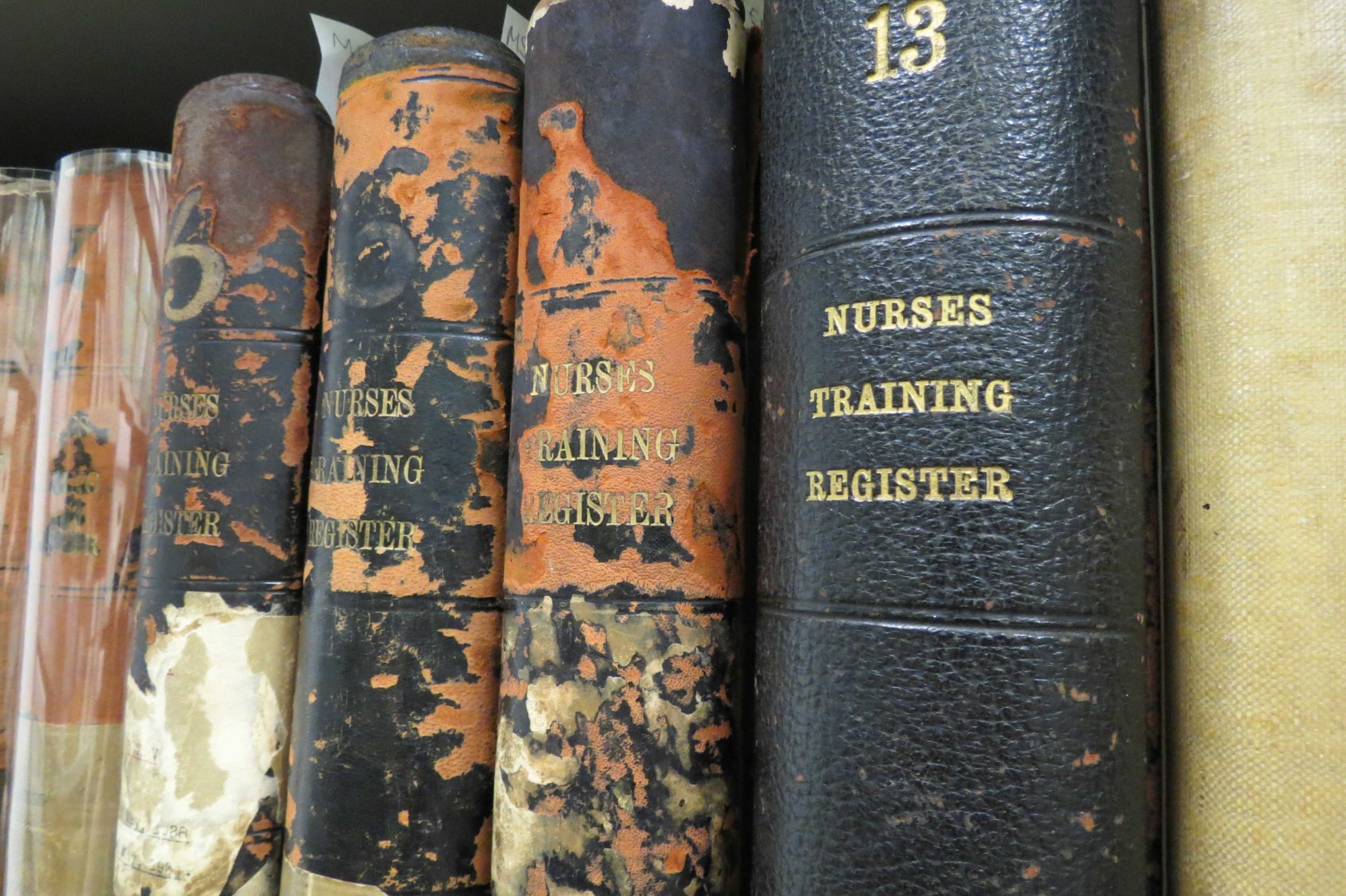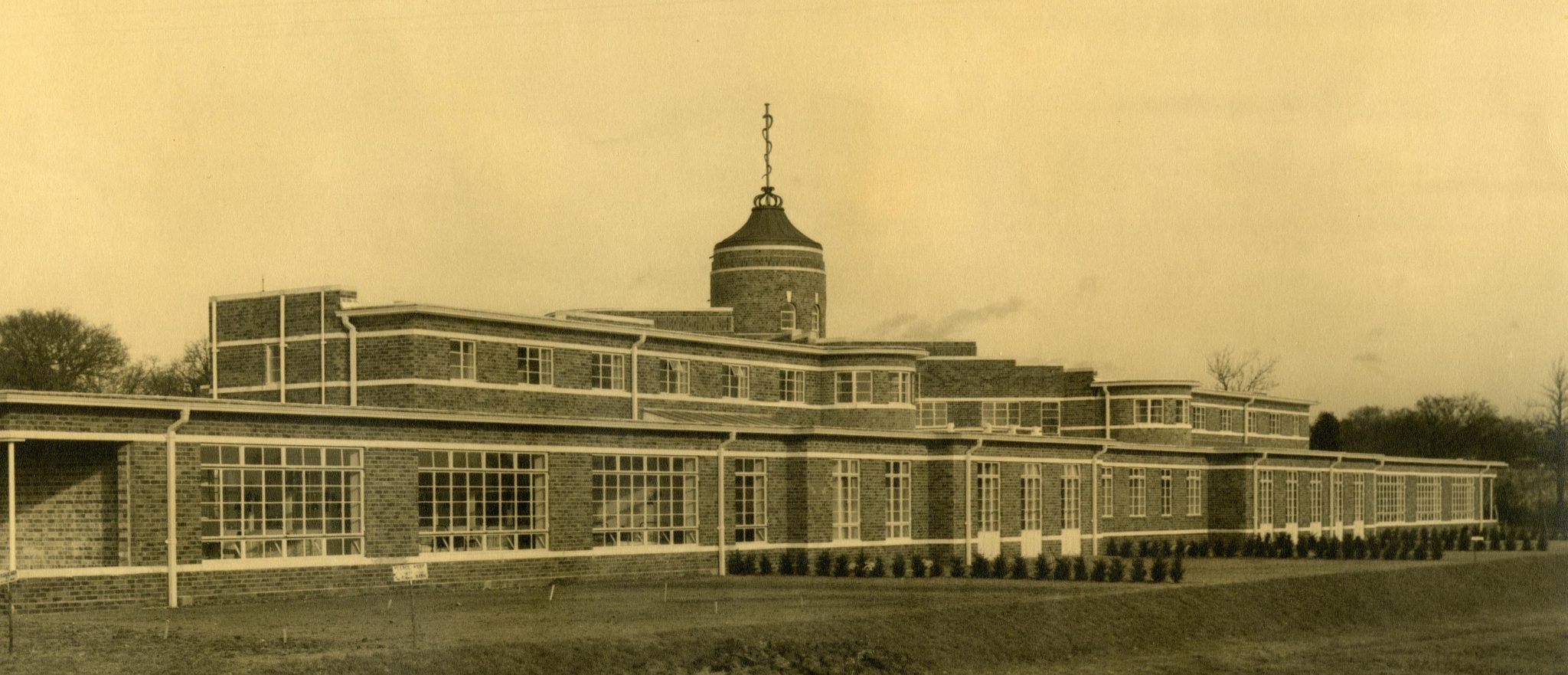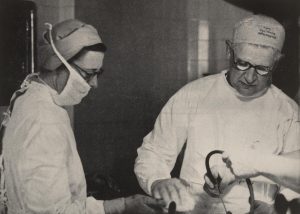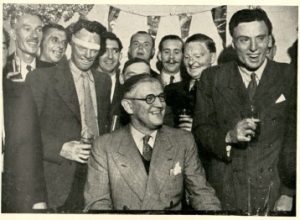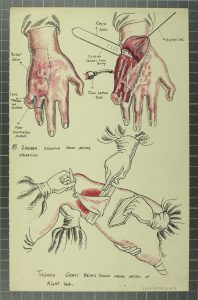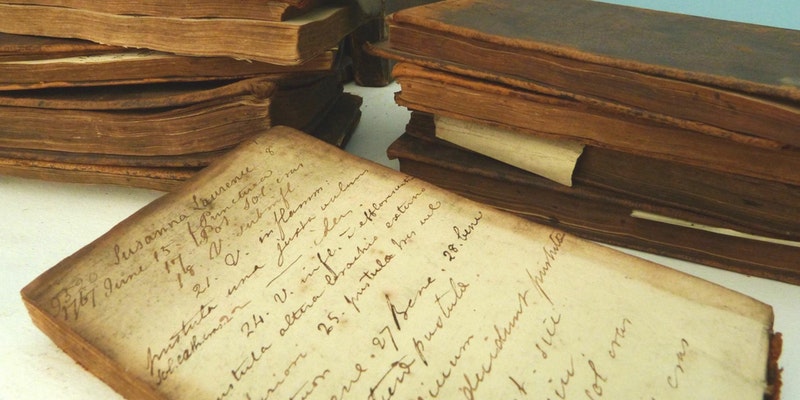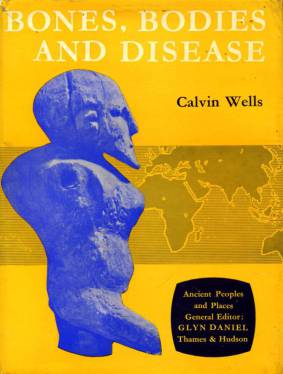Medicine and Health in Leeds, 1760-1999: A Cataloguing Project
Posted onLouise Piffero, Archivist (Medical Collections), Leeds University Library Special Collections and Galleries
In May 2018, Leeds University Library Special Collections celebrated the completion of a major project to catalogue our medical collections. The two-and-a-half-year project was generously funded by a Wellcome Trust Research Resources Grant. We’re very pleased to announce that all of the new catalogues are now available online, and the collections themselves can be accessed in our Reading Room.
Over the past 30 months, our small team of a Project Archivist, Project Assistant and Project Conservator have been hard at work cataloguing, digitising and preserving these archives.
We’ve created new catalogues for 13 separate archive collections, adding over 3000 new record descriptions onto our online catalogue. Digitisation has also been a large part of our project. 65 individual manuscripts totalling over 23,000 pages have been digitised and are available to view online.
Conservation needs have varied for the many different types of documents and objects in the collections. Everything has been repackaged into hundreds of standard and bespoke archive boxes and folders. Other items have also been cleaned and undergone minor paper repairs where necessary. 34 manuscripts have received conservation treatment.
The fascinating archives included in the project chart different aspects of the history of medicine and health in Leeds since the 18th century:
- Firstly, The Leeds General Cemetery Company Archive, which consists of the administrative and burial records for the cemetery dating from its opening in 1835 up until its closure in the 1960s. The 25 burial registers have been digitised and transcribed, and are accessible to search via the Leeds General Cemetery Burial Registers Index. The online Index can be used to find details of individuals, but there are also options to browse full lists of all the recorded causes of death and occupations and view graphs of key statistics from the data.
- The Leeds School of Medicine Archive. The records date right back to its creation in 1831 and up to the present day. The archive is not only made up of administrative material – there are also objects, records relating to individual staff and students, and a series of catalogues for the Pathological Museum.
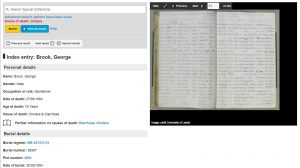
- The Department of Public Health Medicine. This collection contains the records of the Health Visitor Training Course delivered by the department from the 1920s up until 1989.
- Our nursing collections include a series of 32 volumes of Leeds General Infirmary Nurse Training Registers (1856-1956), and the Dame Kathleen Raven Archive. Raven was an influential nurse and Matron of the Leeds General Infirmary (LGI), who went on to become Chief Nursing Officer.
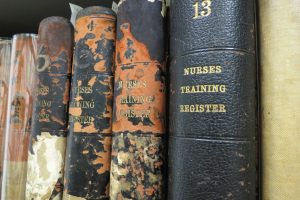
- Leeds was a centre for innovation in the fields of renal medicine and urology, and the archives of two surgeons can reveal this history. These are the Leslie Pyrah Archive and the Frank Maudsley Parsons Archive. Pyrah became director of the Medical Research Council Unit in Leeds and set up the first artificial kidney unit in the UK at the LGI. Parsons was head of the unit and performed the first kidney dialysis at the Infirmary in 1956.
- Casebooks and papers of a number of individual surgeons, many of which have also been digitised. These include William Hey (1736-1819), Sir Berkeley G.A. Moynihan (1865-1936), and Arthur Fergusson McGill (1846-1890). In addition, we have catalogued the papers of Thomas Scattergood (1826-1900), who was the first Dean of the Yorkshire College of Science Medical Department and a forensic toxicologist. Further individual manuscripts have been listed as part of the Medical Manuscripts Collection.
- The Bragg Family Collection contains the notebook of Sir William Henry Bragg and his son, Sir (William) Lawrence Bragg, detailing experiments made in connection with research on X-rays and the molecular structure of crystals at the University of Leeds in 1913. They were jointly awarded the Nobel Prize for Physics in 1915.
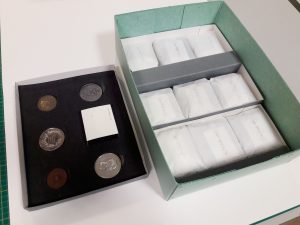
The project has helped us to forge new relationships with academics across the University of Leeds, where we have been able to support research projects, provide student internships, and offer introductory sessions to the medical archives for specific teaching modules. We’ve also been able to showcase lots of the medical collections at different public events, including our monthly Tuesday Treasure event which is held in our Treasures of the Brotherton Gallery.
Even though the project is finished, we will continue to focus on our medical collections. To find out more, check out the Leeds University Library Blog: https://leedsunilibrary.wordpress.com/
